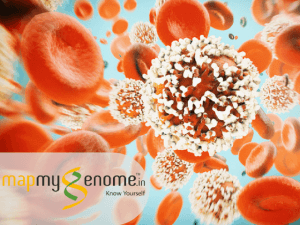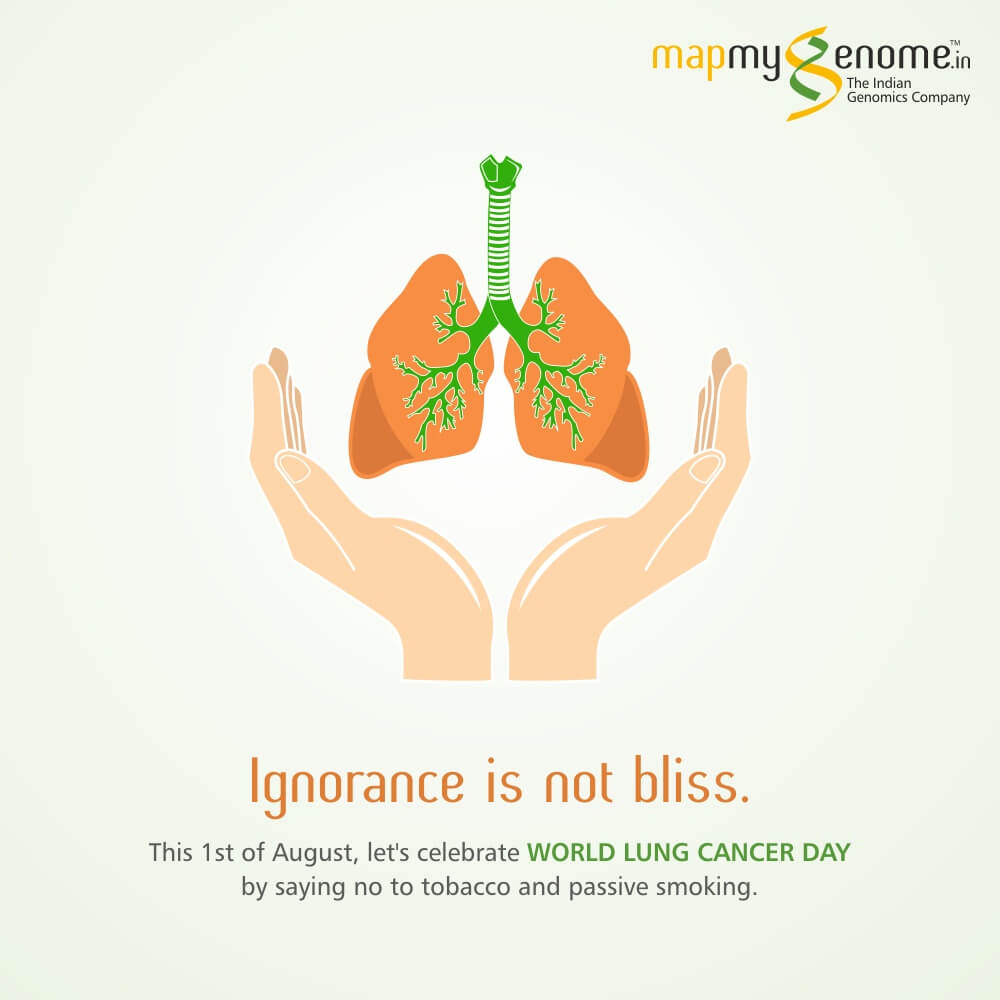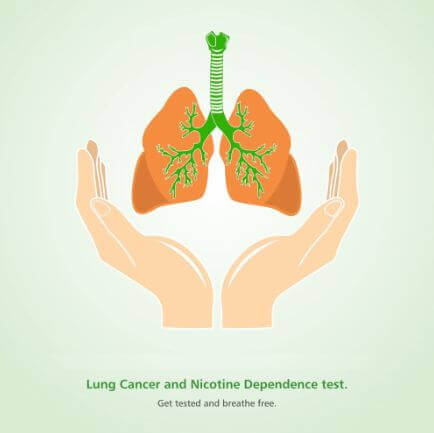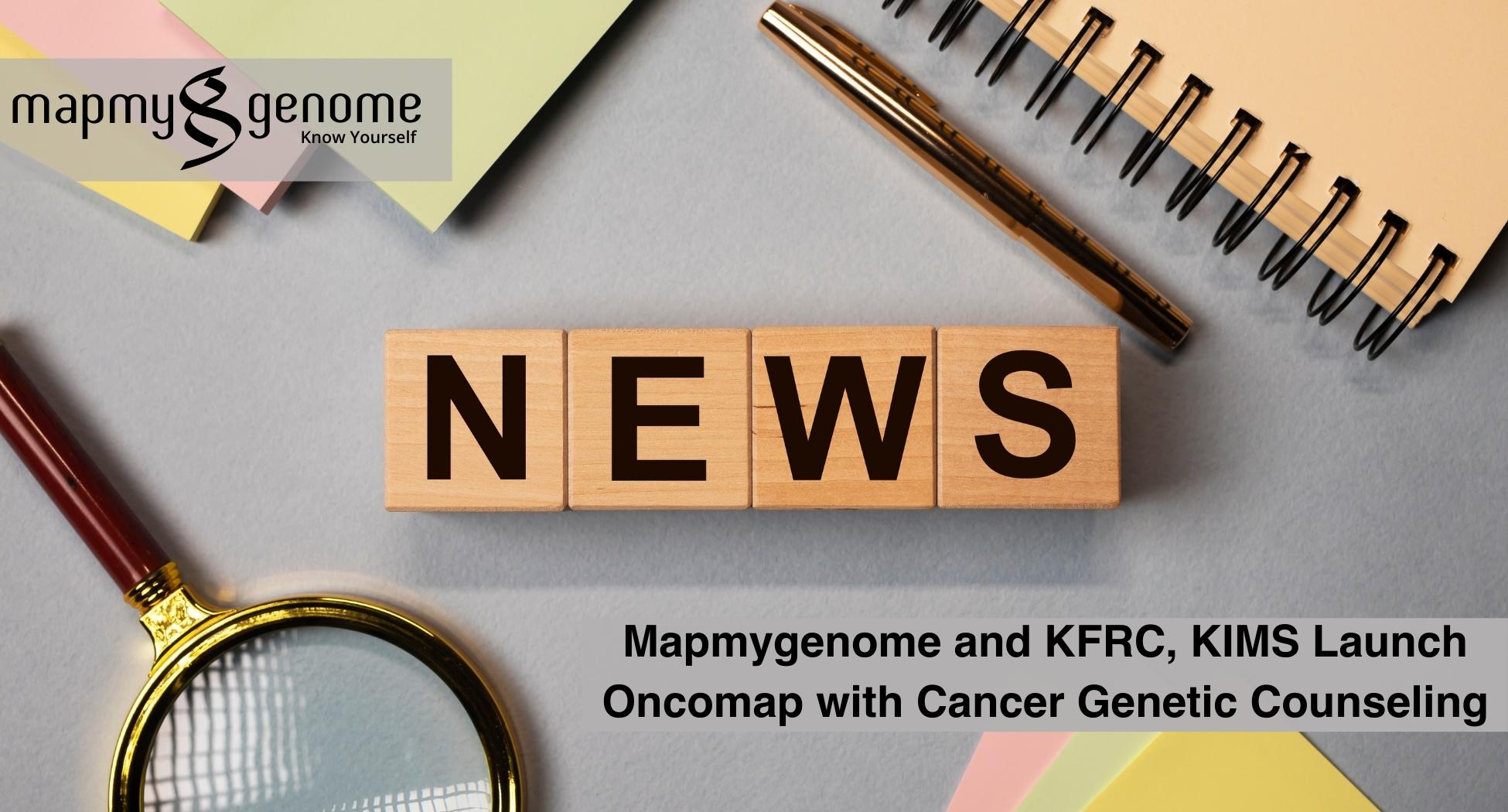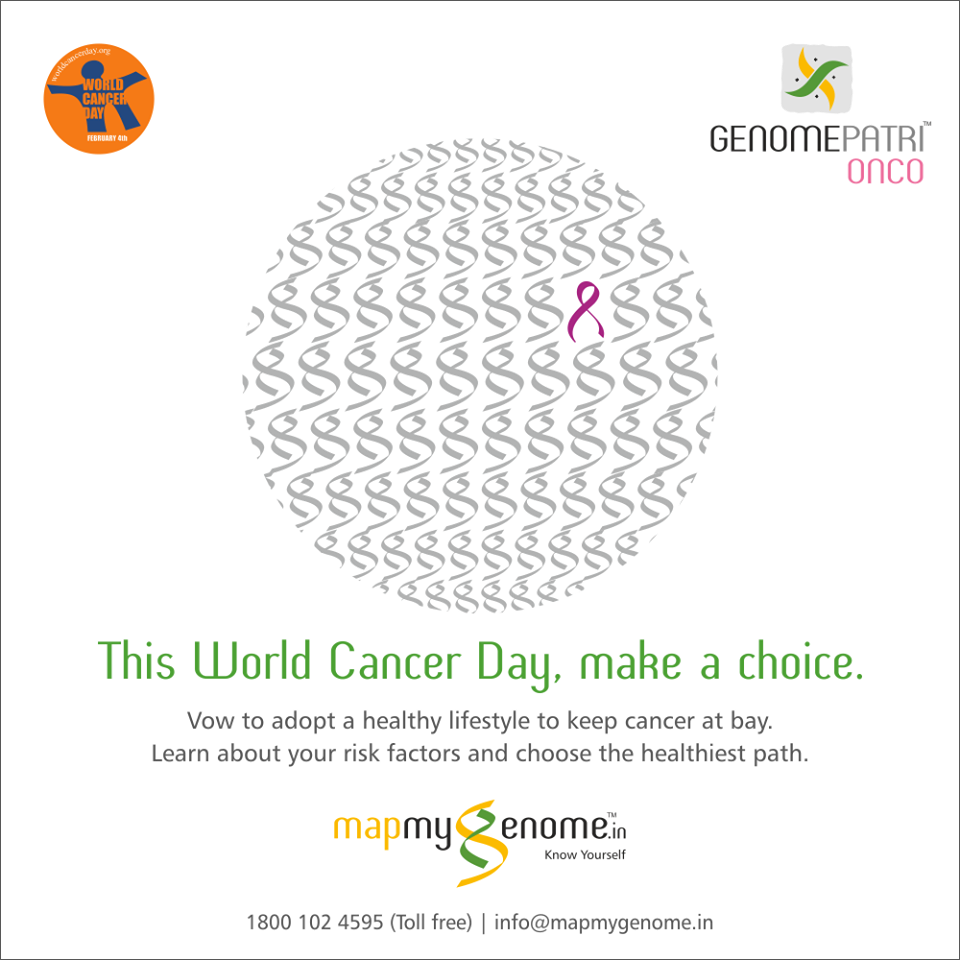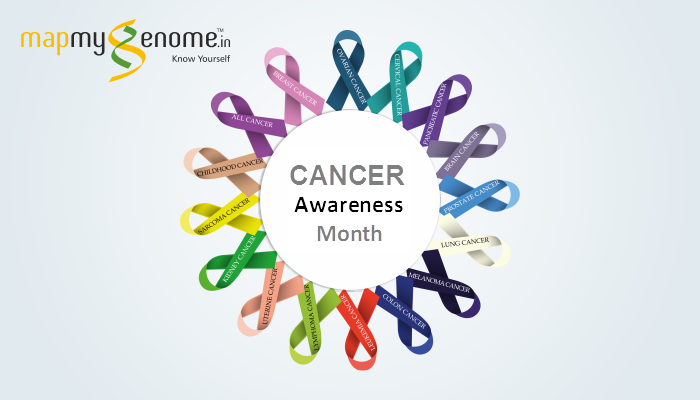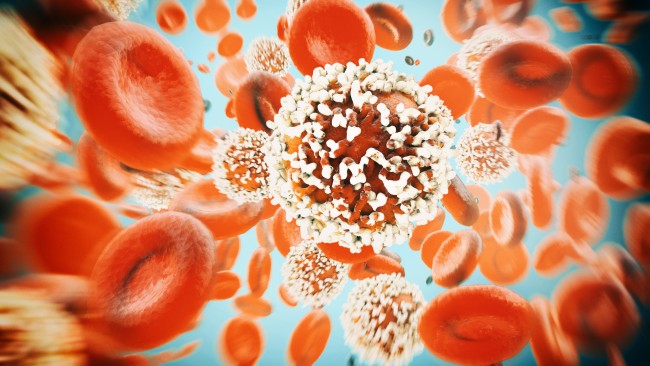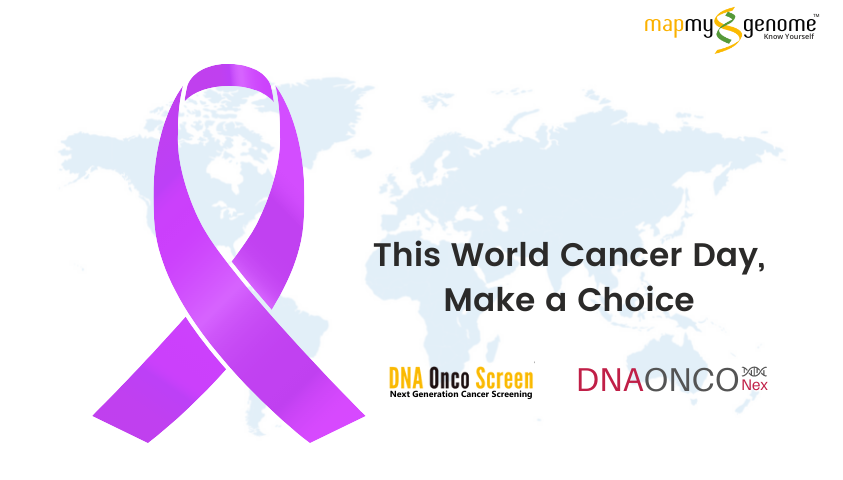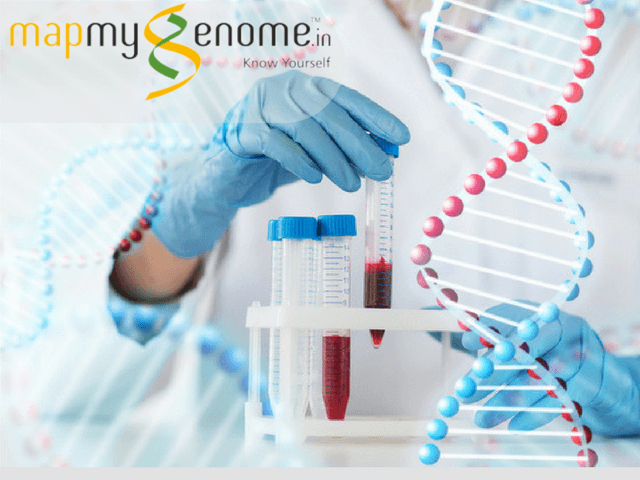
When it comes to cancers, there is nothing more important than offering the right diagnosis and treatment at the right time. Among all the cancers, lung cancer has the highest burden, accounting for the largest number of deaths, according to WHO. Any treatment that promises better results receives the maximum attention from the medical fraternity as well as regulatory bodies. In 2016, the US Food and Drug Administration (FDA) approved a liquid biopsy test, a companion diagnostic test called cobas EGFR Mutation Test v2 offered by Roche.
Erlotinib (Tarceva) is a targeted therapeutic in metastatic non-small cell lung cancer (NSCLC) treatment. This means that patients with mutations in exon 19 (deletions) or exon 21 (substitutions) in EGFR gene are selectively chosen to be treated by this drug. These mutations are present in 10-20% of NSCLC patients.
Earlier to Liquid Biopsy, Formalin Fixed Paraffin Embedded (FFPE) tumor blocks were used to isolate DNA for mutation testing and to identify the metastatic lung cancer patients for therapeutic Erlotinib. With Liquid Biopsy, plasma from the patients can identify patients with metastatic non-small cell lung cancer (NSCLC) eligible for treatment with the EGFR-targeted therapeutic Erlotinib (Tarceva).
Traditional Biopsy vs. Liquid Biopsy
A traditional biopsy is an invasive procedure to collect a piece of the tumor tissue and requires local anesthesia, causes discomfort to the patient, and may not always be feasible because of the location of the tumor or for several other reasons.
A liquid biopsy is essentially a blood draw. The blood samples are spun down to collect plasma and to isolate DNA shed by the tumor into the bloodstream, the circulating free tumor DNA (cfDNA).
Technology advancements today enable geneticists to analyze small amounts of cfDNA for mutations related to a specific disease. In this FDA-approved test, the cfDNA is analyzed for the presence of the specific mutations in the EGFR gene, the presence of which makes the patients eligible for treatment with the FDA-approved drug Erlotinib.
Another great advantage this technology provides the treating physician is the real-time monitoring of disease progression, as it can be done with great ease. In many cases, tumors evolve and may need different treatments based on the genetic changes that occur within the tumor.
Becoming the New Standard of Care
With new advances in pharmacogenomics, clinicians can prescribe treatment options personalized for individuals. This is a paradigm shift from the earlier approach of one drug suits all. Liquid biopsies for genetic testing are the new game changers. As precision medicine expert at Memorial Sloan Kettering Cancer Center, David Solit, MD, says,
“The use of circulating free DNA collected from blood [liquid biopsy] to determine which treatment a cancer patient should receive is already a reality, and will begin to change the way we diagnose and treat patients in future. We will likely see liquid biopsies becoming a standard of care for some cancer types.”

